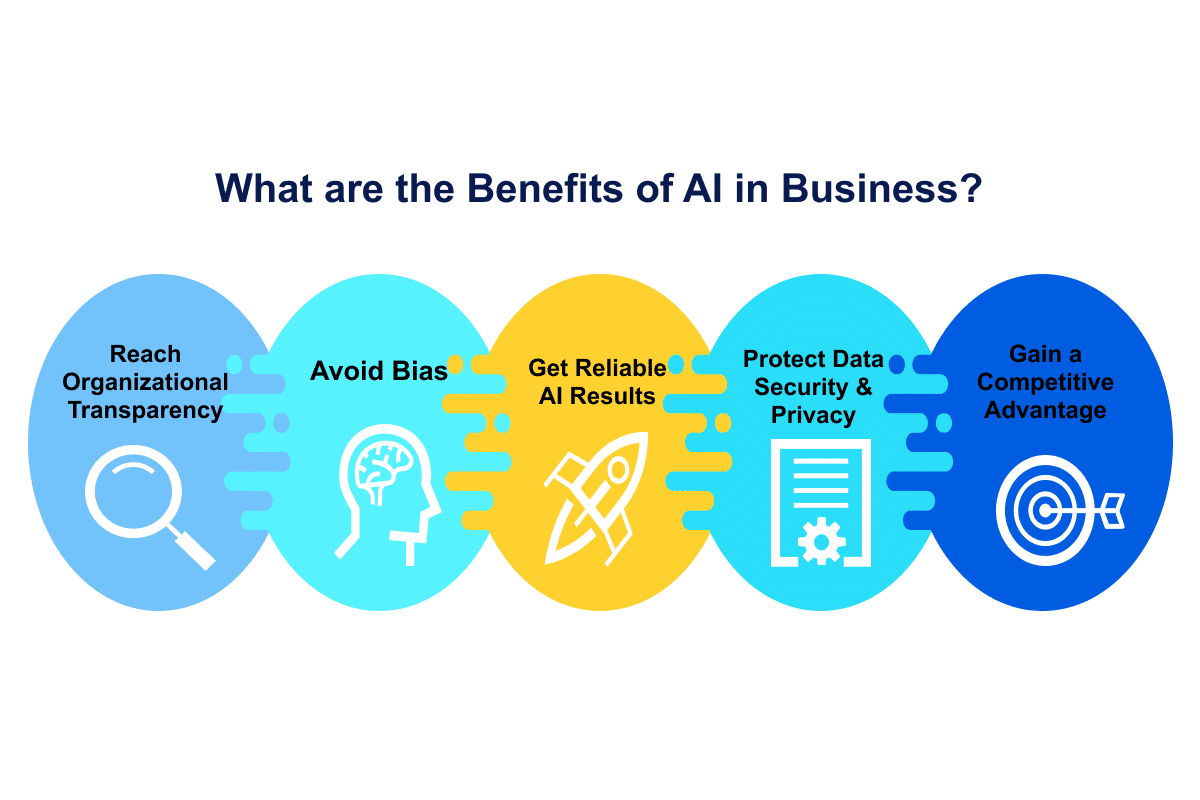
Intelligent Solutions
Artificial Intelligence (AI) has rapidly evolved from a futuristic concept to an integral component of modern business operations. Companies across various industries are leveraging AI solutions to enhance efficiency, improve customer experiences, and drive innovation.
Understanding AI Solutions
AI solutions encompass a range of technologies designed to perform tasks that typically require human intelligence. These include machine learning, natural language processing, computer vision, and robotics. By analyzing vast amounts of data, AI systems can identify patterns, make decisions, and even predict future outcomes, enabling businesses to operate more effectively.
Applications of AI in Business
Customer Service Enhancement: AI-powered chatbots and virtual assistants are transforming customer service by providing instant responses to inquiries, resolving issues efficiently, and offering personalized recommendations. For instance, companies like Interactions LLC have developed intelligent virtual assistants that integrate conversational AI with human understanding, allowing businesses to engage with their customers in effective conversations. Wikipedia
Data Analysis and Decision Making: AI algorithms can process and analyze large datasets faster than traditional methods, uncovering insights that inform strategic decisions. Platforms like IBM’s Watsonx offer AI tools tailored to companies, capable of being customized for customers’ needs and trained on their confidential data, thereby enhancing data-driven decision-making processes. Wikipedia
Process Automation: Repetitive tasks such as data entry, invoicing, and inventory management can be automated using AI, reducing errors and freeing up human resources for more complex activities. This integration of AI and robotic process automation, known as intelligent automation, helps companies streamline operations and improve efficiency. Wikipedia
Product Recommendations and Personalization: E-commerce platforms utilize AI to analyze user behavior and purchase history, delivering personalized product recommendations that enhance the shopping experience and boost sales.
Predictive Maintenance: In manufacturing, AI predicts equipment failures before they occur, allowing for proactive maintenance, reducing downtime, and saving costs.
Benefits of Implementing AI Solutions
-
Increased Efficiency: Automating routine tasks allows employees to focus on strategic initiatives, leading to improved productivity.
-
Enhanced Customer Satisfaction: AI enables personalized interactions and quicker response times, fostering better customer relationships.
-
Cost Reduction: Automation and predictive analytics can lead to significant cost savings in operations and maintenance.
-
Competitive Advantage: Early adopters of AI can differentiate themselves in the market by offering innovative products and services.
Challenges and Considerations
While AI offers numerous advantages, businesses must address certain challenges:
-
Data Privacy and Security: Handling sensitive information requires robust security measures to protect against breaches.
-
Integration with Existing Systems: Seamlessly incorporating AI into current workflows can be complex and may require significant adjustments.
-
Employee Training and Adaptation: Workforces need to be trained to work alongside AI technologies, necessitating investment in upskilling and change management.businessinsider.com
Future Trends in AI
The AI landscape continues to evolve, with emerging trends such as:
-
Generative AI: Beyond analyzing data, AI systems are now capable of creating content, from writing articles to generating art and music.
-
Explainable AI: Developing AI models that provide transparent and understandable outputs to build trust and facilitate better decision-making.
-
AI Ethics and Governance: Establishing frameworks to ensure AI is used responsibly, addressing biases, and promoting fairness.
Conclusion
Integrating AI solutions into business operations is no longer a luxury but a necessity in today’s competitive environment. By embracing AI, companies can unlock new levels of efficiency, innovation, and customer satisfaction. However, successful implementation requires careful planning, addressing ethical considerations, and continuous adaptation to the evolving technological landscape.


0 Comments